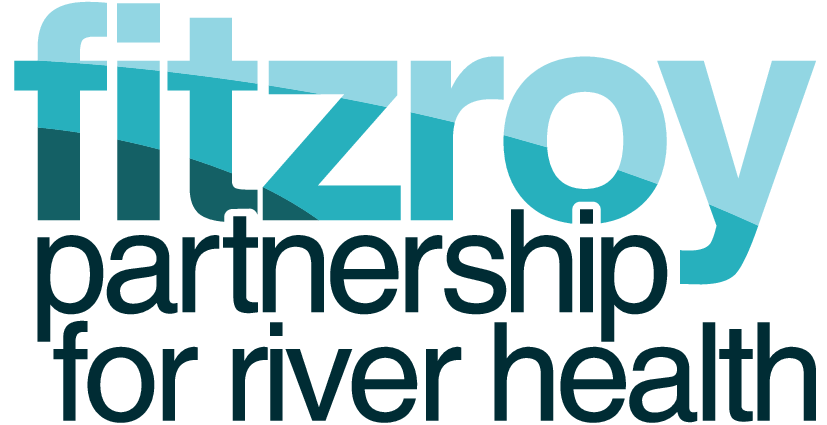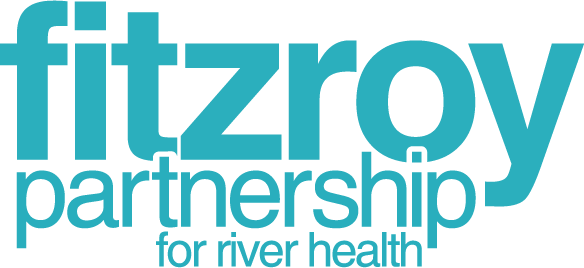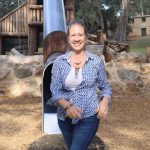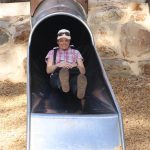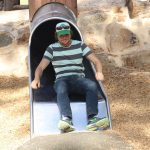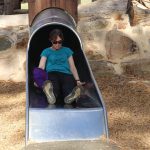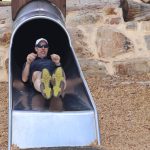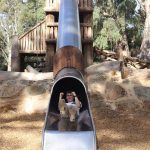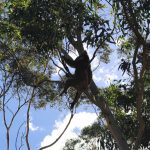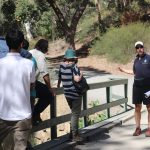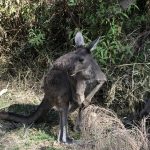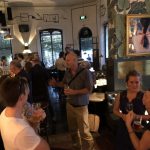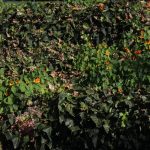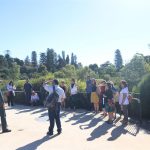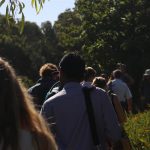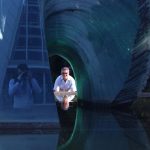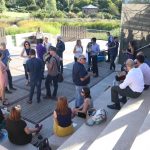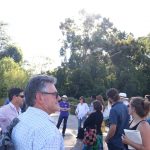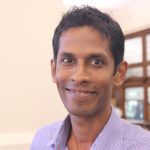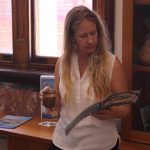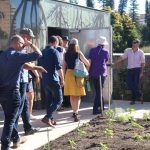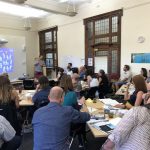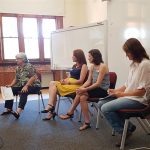DAY 1
7th March 8:00am
What a great time of year to be in Adelaide. With festivals and markets and beautiful sights to see, the national report card network workshop was set to be a real stunner this year. In the coming days, workshop attendees would explore useful report card topics including community engagement, WQIP linkages with report cards and environmental accounting just to name a few. How did you spend your morning settling in to Adelaide? The FPRH crew decided to visit the Adelaide markets and splurge out on grapes that were bursting with flavour. No wonder the wine is so good in South Australia.
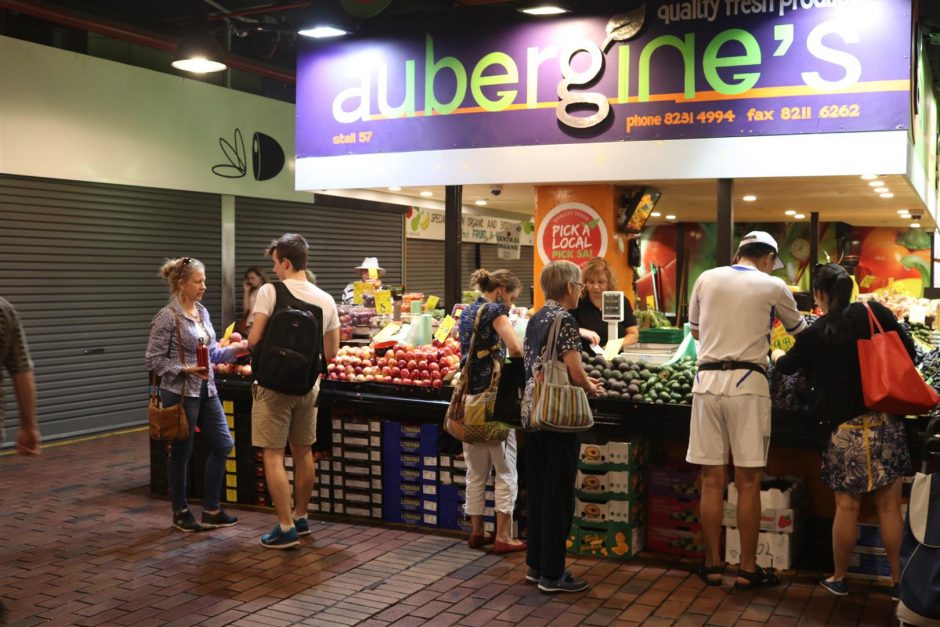
7th March 1:30pm
SA government met with Fitzroy Partnership and other report card initiatives to discuss some of the different arrangements in place to fund report card development. Nathan Johnston presented the Fitzroy Partnership resourcing model outlining the various funding providers ranging from government, industry, education and the private sector.
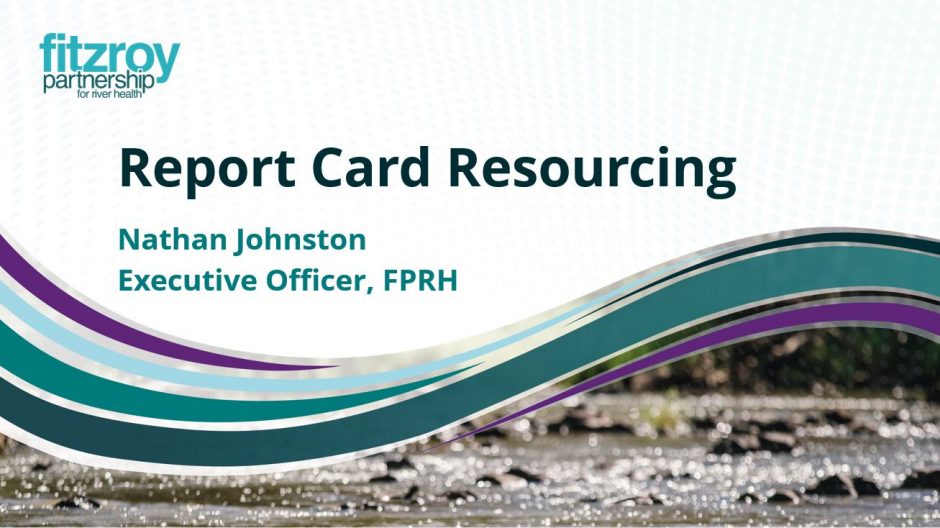
7th March 3:00pm
All of the ‘report card folk’ were treated to the visually stunning Morialta waterfalls. Unfortunately it was more of a water trickle due to recent lack of rainfall though the landscape and wildlife stole the show anyway. EPA water monitoring is undertaken on selected waterways in this area and the monitoring and reporting program was discussed when visiting one of the monitoring sites. This place was rather magical, it’s always fun to see koalas lazing about in trees.
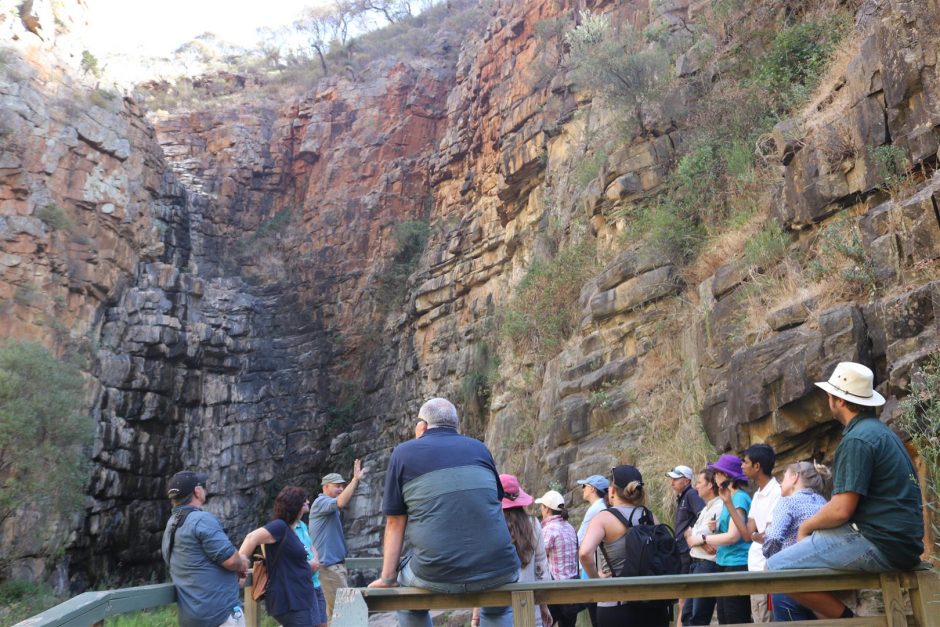
7th March 5:00pm
After all that walking and talking, everybody agreed it was time for a drink or two. But first, we stopped by the Morialta Conservation Park Playground to see a great example of community engagement through social space. The playground design depicts strong ties to culture and native biota with areas named after typical Australian fauna and native vegetation spread throughout. This visit provided a useful learning experience for report card initiatives and encouraged everyone to consider how they can achieve community engagement in their region. The slippery dip was also pretty quick which proved to be a real hit.
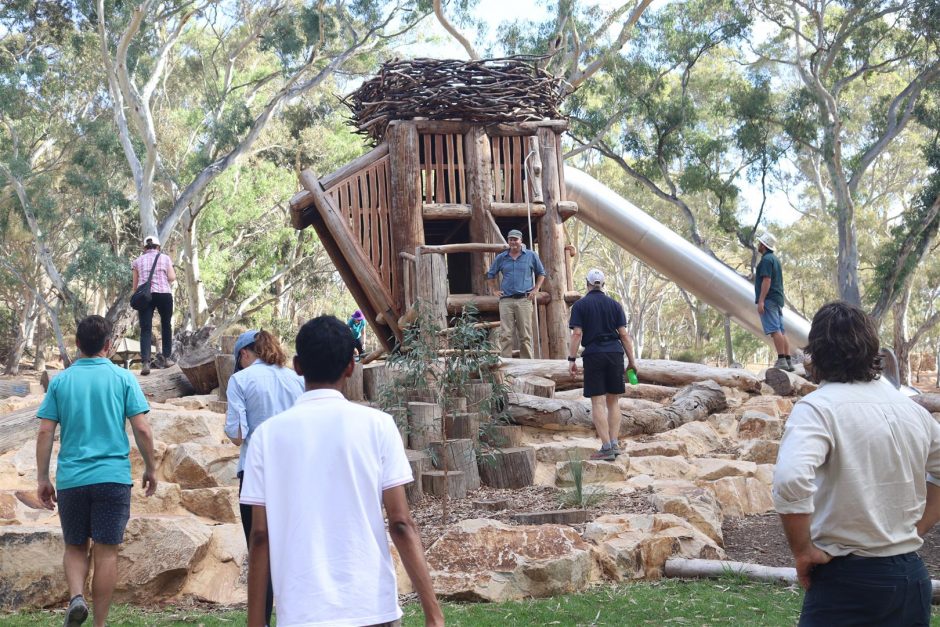
7th March 5:30pm
With all that walking and talking out of the way it was time to knock off for the day and have a drink or two at the Botanic Bar. As with last year, sharing a beverage at an informal meet and greet really helps to break the ice with new faces and opens up opportunity for discussion throughout the workshop. Some of us had some catching up to do from last year though, so we paid a visit to the fringe festival and scoped out some acts for the following night. Ben Vincent from UNE stepped up to the hanging challenge and came so close to fame and fifty bucks that we were all cheering. The bar moves while you hold on, so Ben did a top job hanging on.
Shots of the Day:
DAY 2
8th March 8:30am
The workshop officially begins! We were treated to the legendary ‘speed reporting’ session. Initiatives were given five minutes to introduce themselves and scope out their organisation for everybody attending. All who presented during this session did a fantastic job, especially considering the rough time constraints!
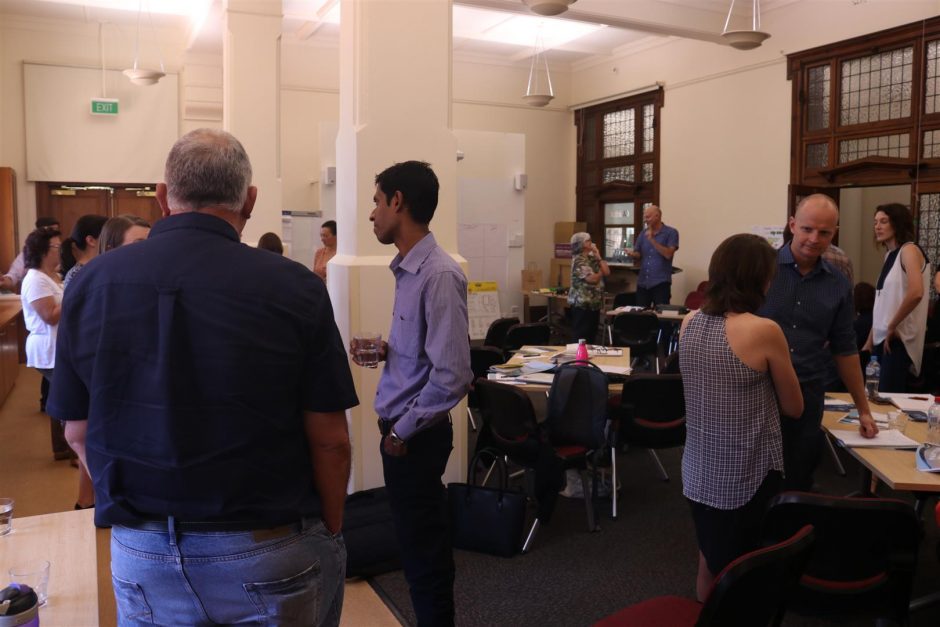
8th March 12:00pm
After morning tea, Jo Kupershoek, who knows a thing or two about neuroscience provided an intriguing lecture about the brain. The session explored how effective audience engagement can be achieved through understanding neural pathways and systems in the brain such as the limbic and cortex systems. Such complex concepts required considerable explaining, as such Jo did an excellent job of sharing in a way that everyone could understand. Her secret weapon was tying it all back to communication and engagement strategies for report cards, although the fundamentals seemingly apply to everything. If only we could read people’s minds whilst employing our engagement strategies.
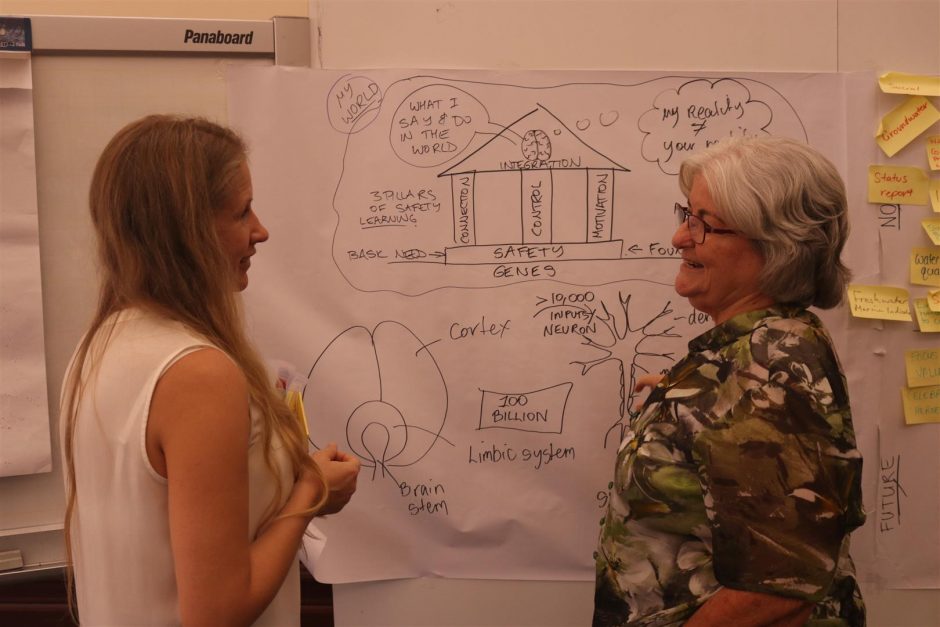
8th March 1:30pm
With lunch out of the way, the network was all set for an afternoon of discussion around community engagement, WQIPs and report cards. Phillip Roteman, Sylvia Clarke and Sally Maxwell explored citizen science programs and Di Tarte compared WQIPs with report cards around Australia. Toni Furlonge, Prue Tucker and Emma Carlos discussed WQIPs and report cards from their regions as case studies which lead onto a panel discussion around the future of WQIPs.
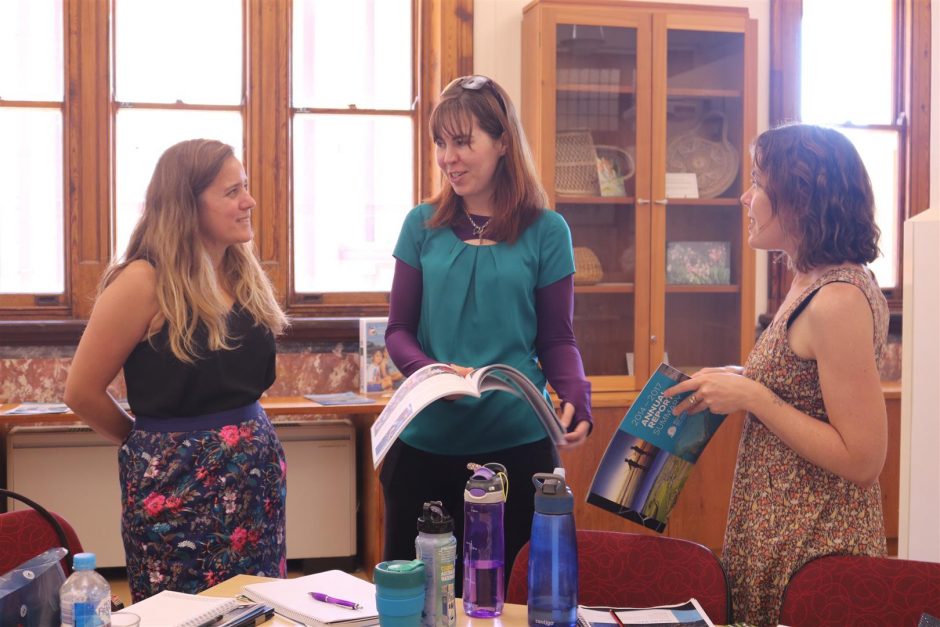
8th March 4:30pm
After an impressive lineup of workshop sessions inside, it was time to break out into the wilderness and visit the First Creek Wetlands. Providing irrigation for the botanic gardens, First Creek Wetlands thrives through use of efficient capture, treatment and storage of storm water. The processed water is then used to irrigate the gardens and proved to be a valuable example of waterway management. Our guides Andy Hart and Sam Phillips were well informed and more than happy to field our questions. The wetland was spectacular, everything was so green!
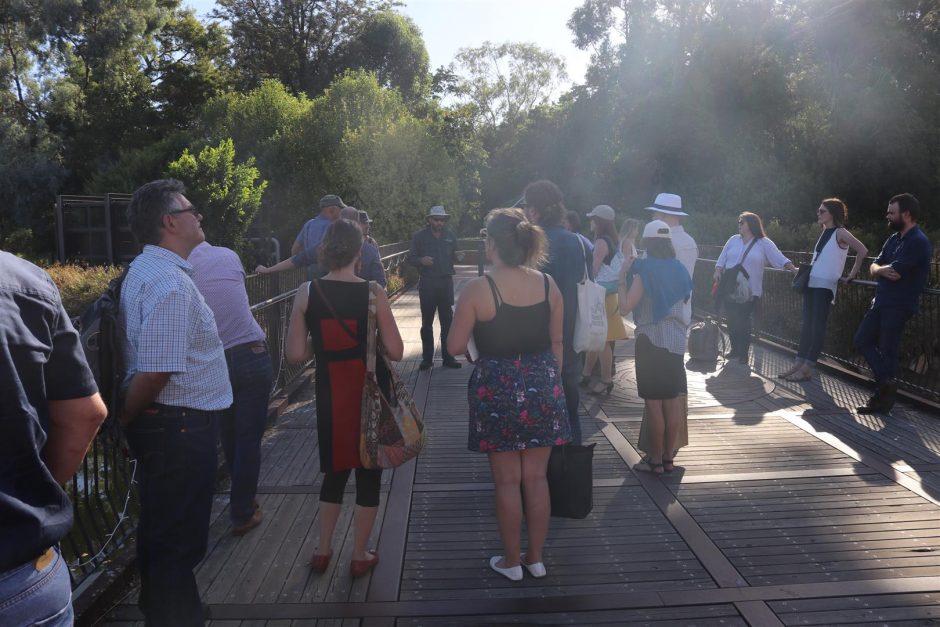
8th March 5:30pm
If the beautiful wetlands weren’t enough, everyone was treated to delicious canapes and thirst quenching wine and beer provided by the Botanic Gardens Restaurant. What a way to finish off day one of the workshop. Chilling out and relaxing in the wetland with a drink in hand whilst food is delivered to you. It doesn’t get much better than that.
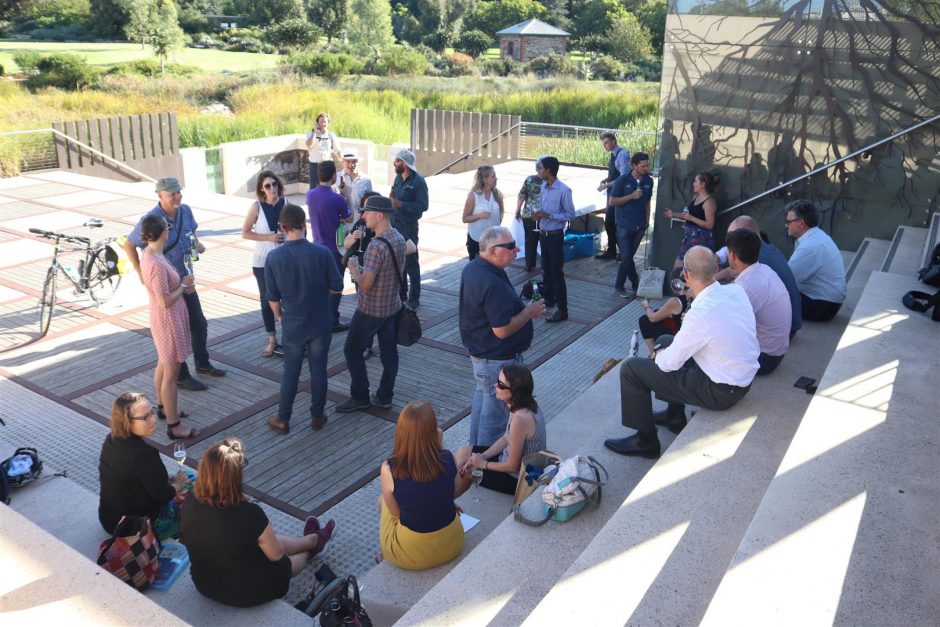
8th March 7:30pm
But wait, there’s more! Twilight canapes was just a warm up for the great night ahead. A large group from the network made their way to the spiegeltent ready to be entertained and amazed by an incredible display of skill and strength. It was truly amazing as you can see by the look on our faces.
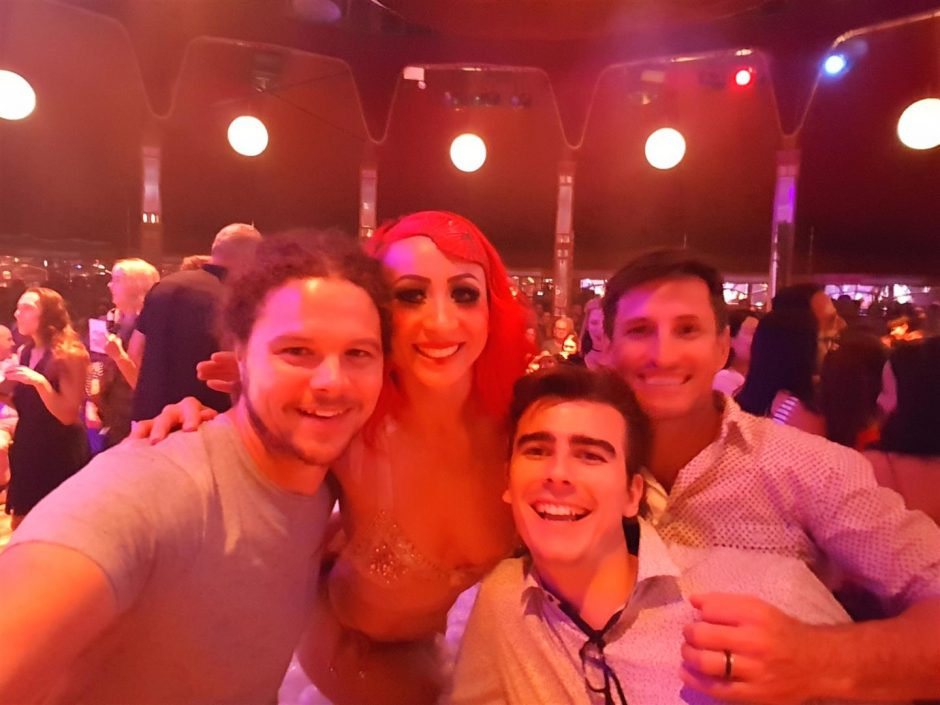
Shots of the Day:
DAY 3
9th March 8:30am
The final day of the workshop was upon us. Communication strategies were re-visited by Jo Kurpershoek with a focus on stakeholder engagement whilst the critical objective for report cards, creating change, was discussed by Nathan Johnston. Sarah-Jane Hindmarsh introduced environmental accounting followed by model analysis from Celine Steinfield. Case studies were provided by Matt Taylor from Tasmania, Matt Miles from SA and Roxane Blackley from QLD.
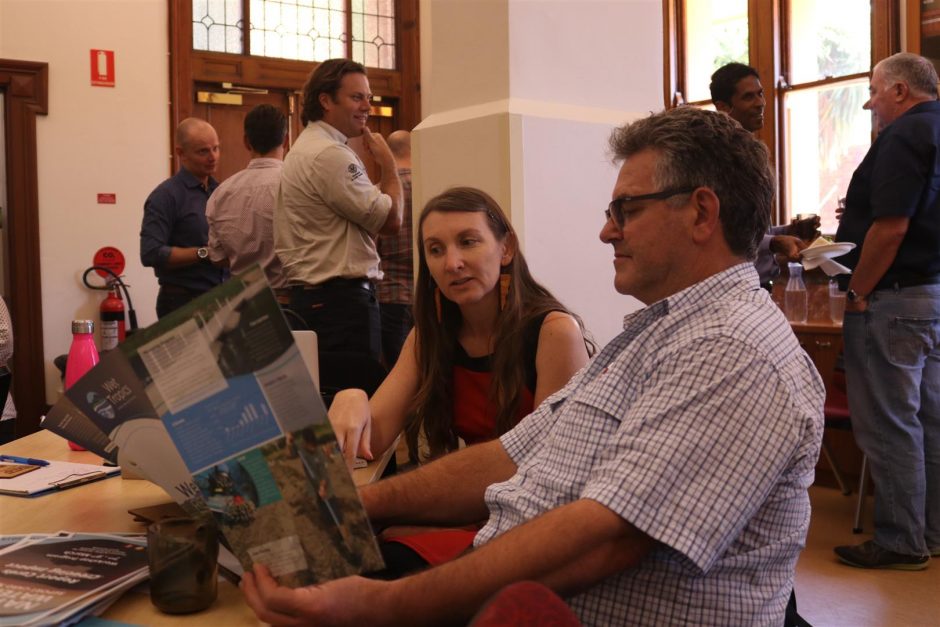
9th March 12:00pm
Further discussion around environmental accounting included a panel discussion with Sarah-Jane Hindmarsh, Matt Miles, Matt Taylor, Celine Steinfield, Di Tarte and Roxane Blackley. The future of environmental accounting will lead on to inform government decisions and guide the use of public investments.
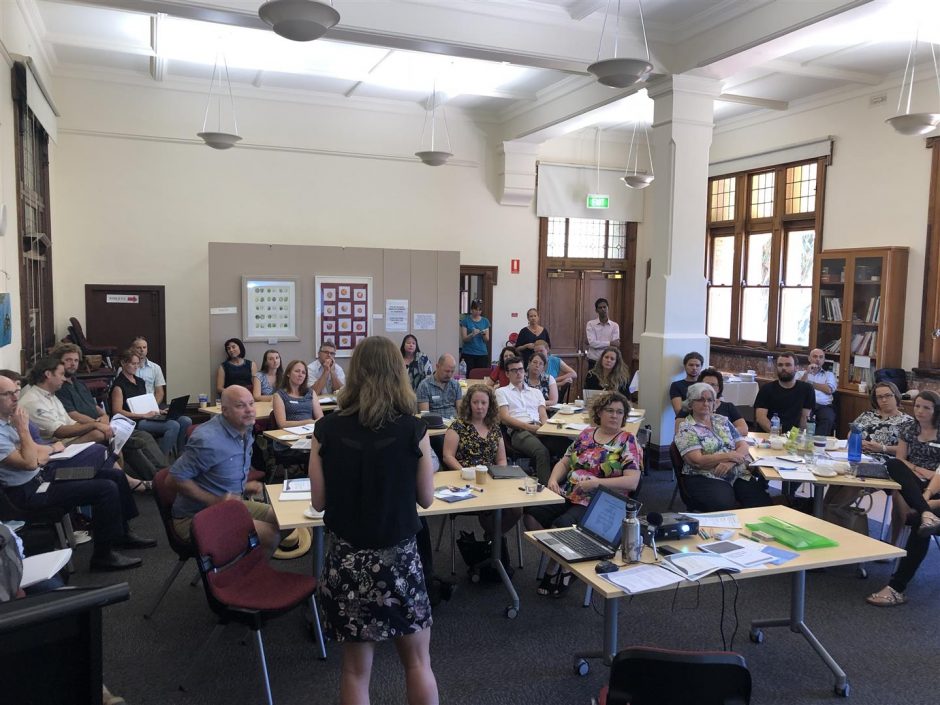
9th March 2:00pm
Paul Maxwell and Mark Schultz were passed the baton as they introduced modelling and trends for the final segment of the workshop. Models and trends will be a primary theme for the 2019 workshop as we look towards the future of report cards. Paul shared the modelling journey thus far at Healthy Land and Water and how the models are being used to predict waterway conditions. Mark followed on with Gladstone Healthy Harbour Partnerhip’s model and how they intend to use it as a tool to test management strategies before implementing them in reality. In the photo below, I like to think Paul shared a joke that he thought was really funny but was mediocre at best (as depicted by look on Pinto’s face). Better luck next time Paul.
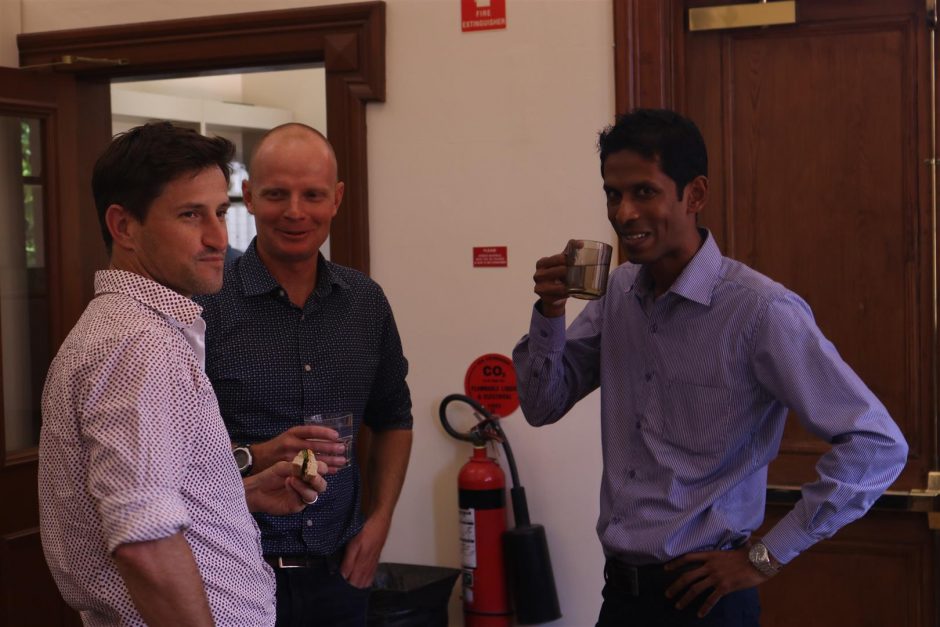
9th March 3:00pm
Workshop close – thanks to everyone for attending! Be sure to check out library of resources below for any presentations or workshop docs. Thanks to Charlie Morgan for the workshop summary and formatting feedback results.
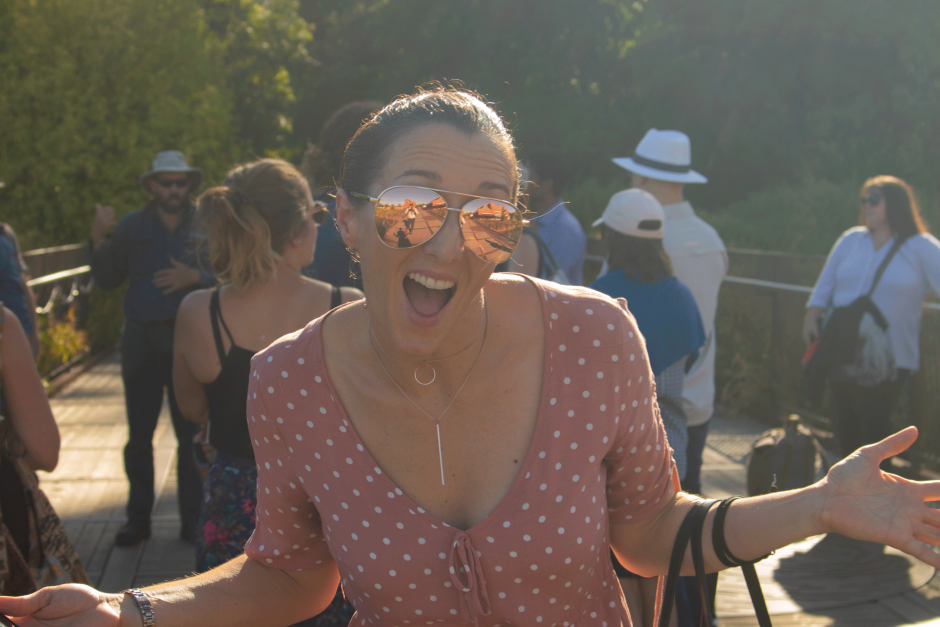
[WPSM_AC_SH id=6462]
If you couldn’t make it to the 2017 workshop but would like to contribute to the library, please contact us using the form below.

